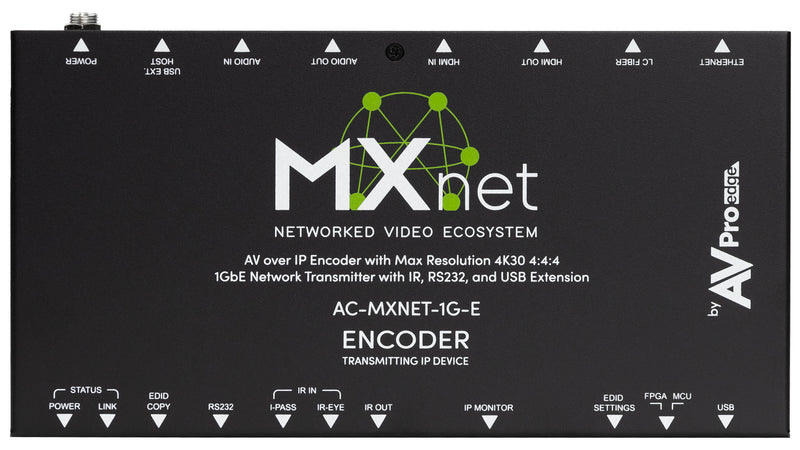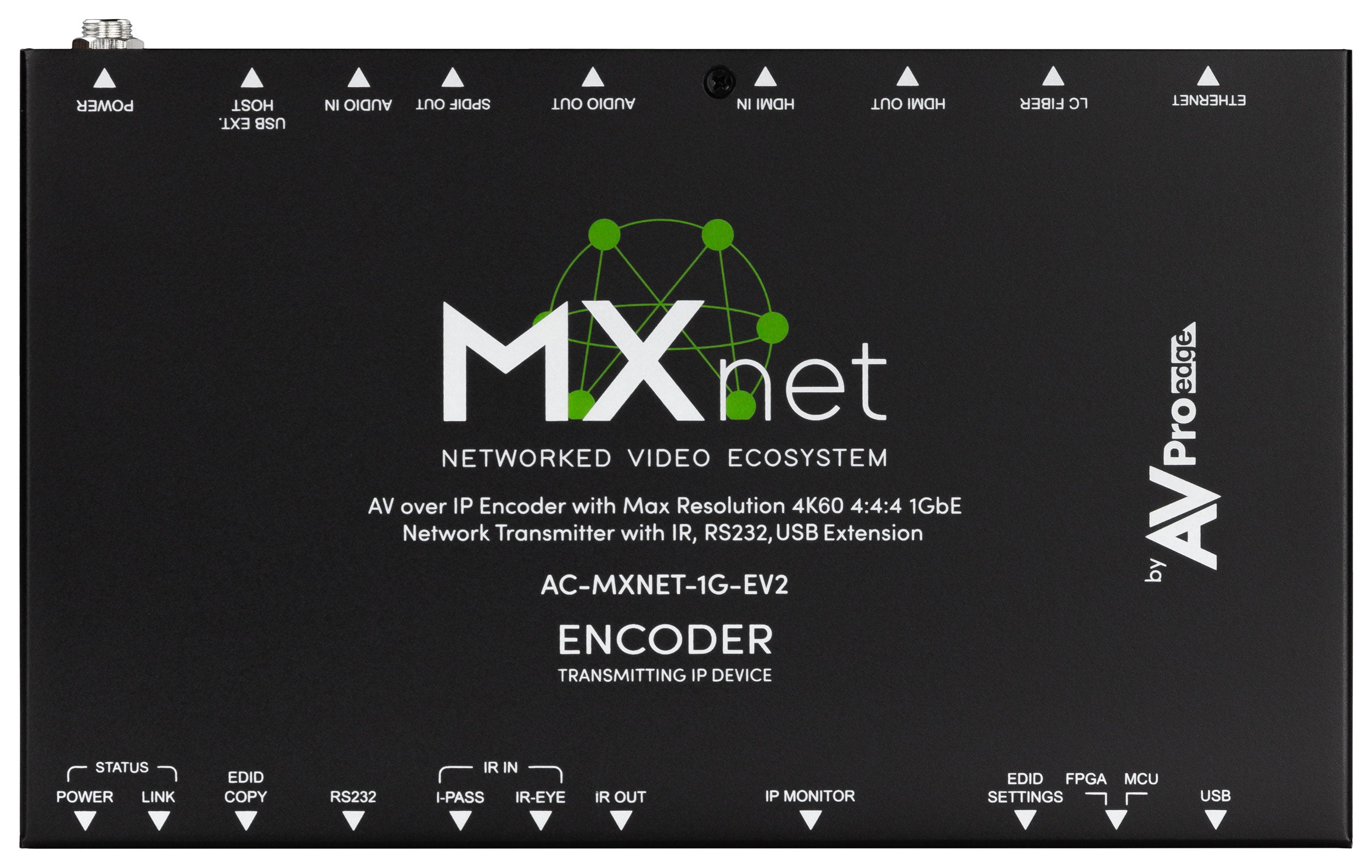Why Encryption is Essential for AV Over IP Video Streams
In today's digital world, transmitting audio-visual (AV) content over IP networks has become increasingly prevalent, offering scalability, flexibility, and cost-effectiveness. With this convenience, however, comes a critical need for security measures, particularly encryption, to safeguard sensitive information. This article aims to elucidate why encryption is vital, its benefits, and its significance for specific clientele such as governmental agencies, military, control centers, and even casino command centers.
Benefits of Encryption
1. Data Integrity: Encryption algorithms, such as AES128 and AES256, ensure data integrity by detecting and preventing unauthorized modifications to the video stream. This guarantees content remains unaltered during transmission.
2. Secure Transmission: Encryption mitigates the risk of eavesdropping and tampering during transmission of AV content over IP networks. It creates a secure communication channel between the sender and the receiver, safeguarding against interception and unauthorized access.
3. Flexibility and Control: MXNET 1G V2, by default, utilizes AES256 encryption for audio and video streams, offering enhanced cryptographic strength. However, it is essential to note the MXNET 1G V2 substream remains unencrypted, allowing third-party media players like VLC or any browser supporting MJPEG decoding to access it. While this provides convenience and flexibility, it also introduces risks. To address this, some clients utilize our API commands to disable the substream and the signal preview functions, enhancing security measures.
Why Encryption Matters
1. Protection Against Unauthorized Access: Encryption ensures that only authorized recipients can access and decipher transmitted video content. Without encryption, video streams are vulnerable to interception and manipulation by malicious actors. In short, only MXNET decoders can decode the encrypted audio-video streams of MXNET encoders.
2. Confidentiality: Encryption guarantees the confidentiality of sensitive information contained within AV streams. This is crucial for organizations dealing with classified or proprietary data, including governmental agencies, military installations, control centers, and even casino command centers, where confidentiality is paramount.
3. Compliance Requirements: Many industries have strict compliance regulations mandating encryption used to protect sensitive data. Failure to comply with these regulations can result in severe consequences, including legal penalties and reputational damage.
In conclusion, encryption serves as a critical safeguard for AV-over-IP video streams, catering to a diverse clientele ranging from governmental agencies and military installations to control and casino command centers. By leveraging encryption algorithms such as AES128 and AES256 in our MXNET 1G and MXNET 1G V2 products, clients become empowered with the means to secure their video content while maintaining control over their data transmission processes.








